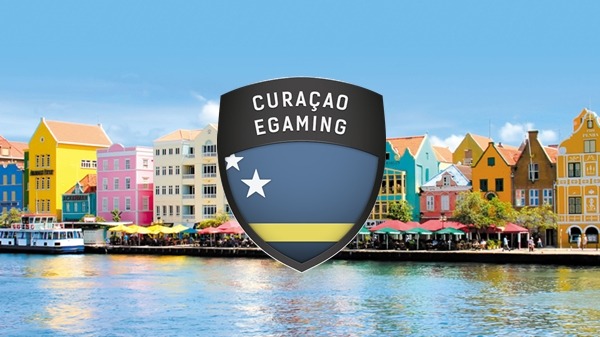In the online gaming industry, licensing is paramount to ensuring trust and credibility. However, not all gaming licenses are created equal. The recent controversies surrounding Dama N.V., a well-known operator licensed under Curaçao’s jurisdiction, underscore potential issues associated with Curaçao licensing, including questions around regulatory oversight, player protection, and fair practice. Here’s a closer look at why Dama N.V. has become a cautionary example for operators and players alike.
What is the Curaçao Gaming License?
The Curaçao eGaming license is among the oldest and most accessible gaming licenses available. Known for its cost-effectiveness and streamlined application process, the Curaçao license has become a popular choice for online casinos. However, the minimal regulatory framework and lack of stringent enforcement measures have led to ongoing debates about the reliability of Curaçao-licensed operators.
The Dama N.V. Controversy
- Player Complaints and Disputes
Dama N.V. has faced numerous complaints from players concerning unfair practices, delayed payments, and lack of dispute resolution support. In contrast to more reputable licenses, Curaçao’s licensing authority offers minimal recourse for players who encounter issues, leaving them without adequate protection or mediation in case of disputes. - Lack of Regulatory Oversight
Curaçao’s regulatory approach is widely considered lenient, with limited oversight on operators’ day-to-day operations. Dama N.V.’s case highlights the gaps in supervision, as players report that complaints and issues remain unresolved, eroding trust in Curaçao-licensed casinos. - Transparency and Accountability
Dama N.V.’s practices underscore a lack of transparency often associated with Curaçao-licensed casinos. Unlike other jurisdictions that enforce regular audits and detailed reporting, Curaçao does not mandate ongoing operational transparency. This creates challenges for players in verifying game fairness and securing their funds.
Why Curaçao Licensing Can Be Risky for Players
The affordability and ease of obtaining a Curaçao license have attracted numerous operators to the jurisdiction. However, this accessibility has also led to a rise in questionable practices and insufficient player protections. With fewer regulatory requirements, some operators prioritize profit over player safety, and dispute resolution can be limited.
Key Lessons from the Dama N.V. Case
- Due Diligence is Essential
Players should research online casinos before playing, prioritizing those licensed by highly reputable jurisdictions, such as the UK, Malta, and Gibraltar. These jurisdictions enforce higher standards for player protection, dispute resolution, and responsible gaming. - Consider the Licensing Jurisdiction
Not all licenses offer the same level of security and support. The Dama N.V. case serves as a reminder that players should consider the reputation and regulatory strength of the licensing jurisdiction before committing their time and money to an online platform. - Choose Licensed Casinos with Established Track Records
Opting for well-known, established casinos with high player ratings and positive reviews can reduce the risk of encountering problems. The lack of enforcement in certain licensing jurisdictions makes it essential for players to rely on peer feedback as a gauge of reliability.
Conclusion
The case of Dama N.V. provides a stark warning about the potential pitfalls of Curaçao licensing. While the Curaçao license remains a cost-effective option for operators, players should be cautious, as it lacks the regulatory rigor found in other jurisdictions. For a safer gaming experience, players are advised to choose casinos licensed by more stringent authorities, ensuring greater transparency, fair play, and reliable dispute resolution.







